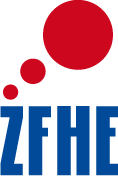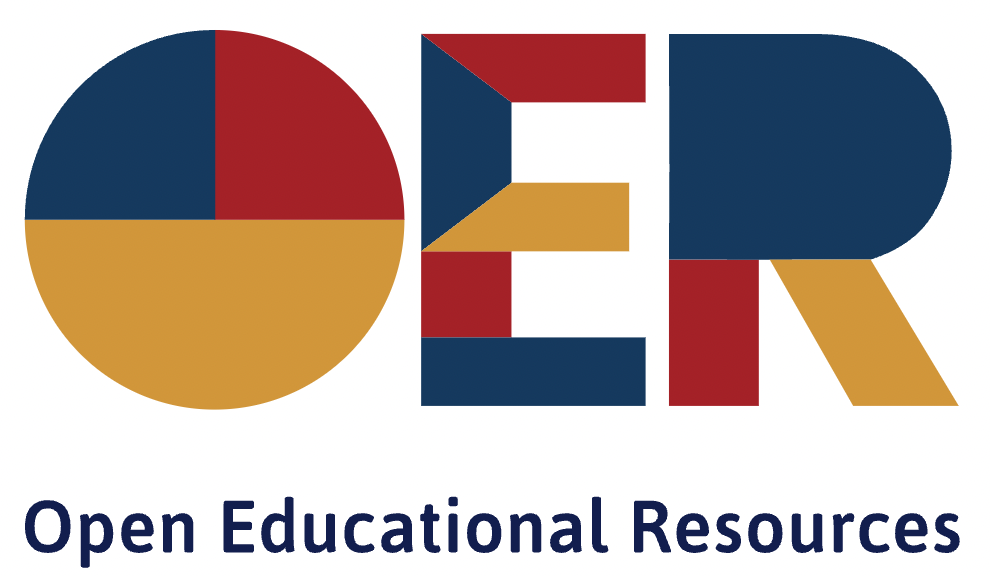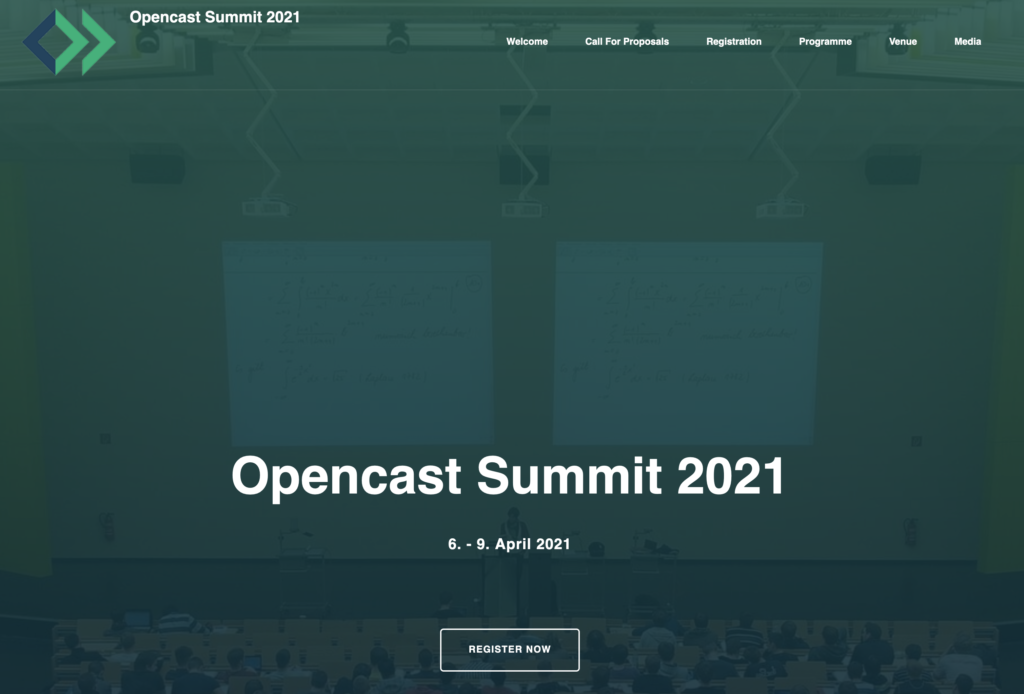Zusammen mit meinen lieben Kolleginnen darf ich eine Ausgabe der ZFHE zu „Europäische Hochschulallianzen in Aktion“ betreuuen. Der Call for Papers ist fertig und wir suchen Beiträge im Themenfeld bis zum 15.2.2026.
Die geplante Ausgabe der Zeitschrift für Hochschulentwicklung lädt dazu ein, europäische Hochschulallianzen nicht primär als politische oder administrative Programme, sondern als institutionelle, soziale und kulturelle Phänomene zu untersuchen. Im Zentrum stehen Beiträge, die die vielfältigen Dynamiken der Allianzbildung zwischen Integration und Differenz kritisch reflektieren und sowohl empirisch als auch theoretisch fundierte Perspektiven eröffnen.
Dabei sollen nicht nur organisatorische und rechtliche Herausforderungen beleuchtet, sondern auch die epistemischen, normativen und symbolischen Dimensionen dieser neuen Kooperationsformen in den Blick genommen werden. Ziel ist es, den Diskurs über europäische Hochschulzusammenarbeit um analytische, diskursive und macht-kritische Perspektiven zu erweitern – und damit einen Beitrag zu einem differenzierten Verständnis europäischer Hochschulgovernance im 21. Jahrhundert zu leisten.
Ebenso sollen auch die Perspektiven der einzelnen Hochschulen hinsichtlich ihrer Positionierung, ihrer Verantwortlichkeit und Rolle, sowie den neuen Chancen und Herausforderungen Raum gegeben werden.
Erwünscht sind insbesondere Beiträge, die Verbindungen zwischen Theorie und Praxis herstellen:
- Analysen, die das institutionelle Handeln in Allianzen in den Kontext europäischer Wissenschaftspolitik stellen.
- Fallstudien, die Einblicke in konkrete Erfahrungen, Aushandlungsprozesse oder Konflikte bieten.
- Theoretisch-konzeptionelle Arbeiten, die europäische Allianzbildung als Ausdruck tiefer liegender Transformationen von Hochschulorganisation und akademischer Kultur deuten.
Der gesamte Call ist hier: [Link zum CallForPapers ZFHE 21/2]
Bitte gerne weiterleiten.



